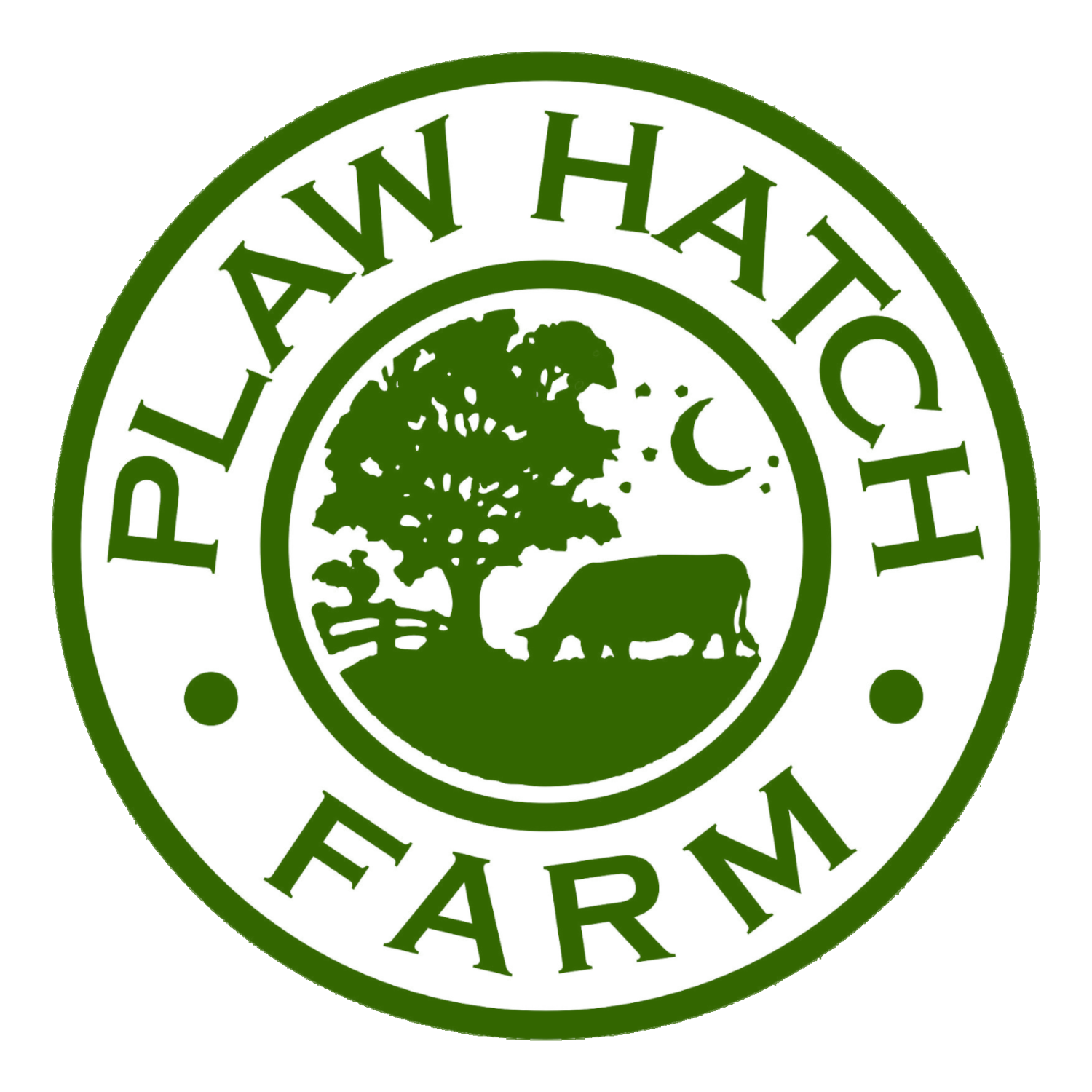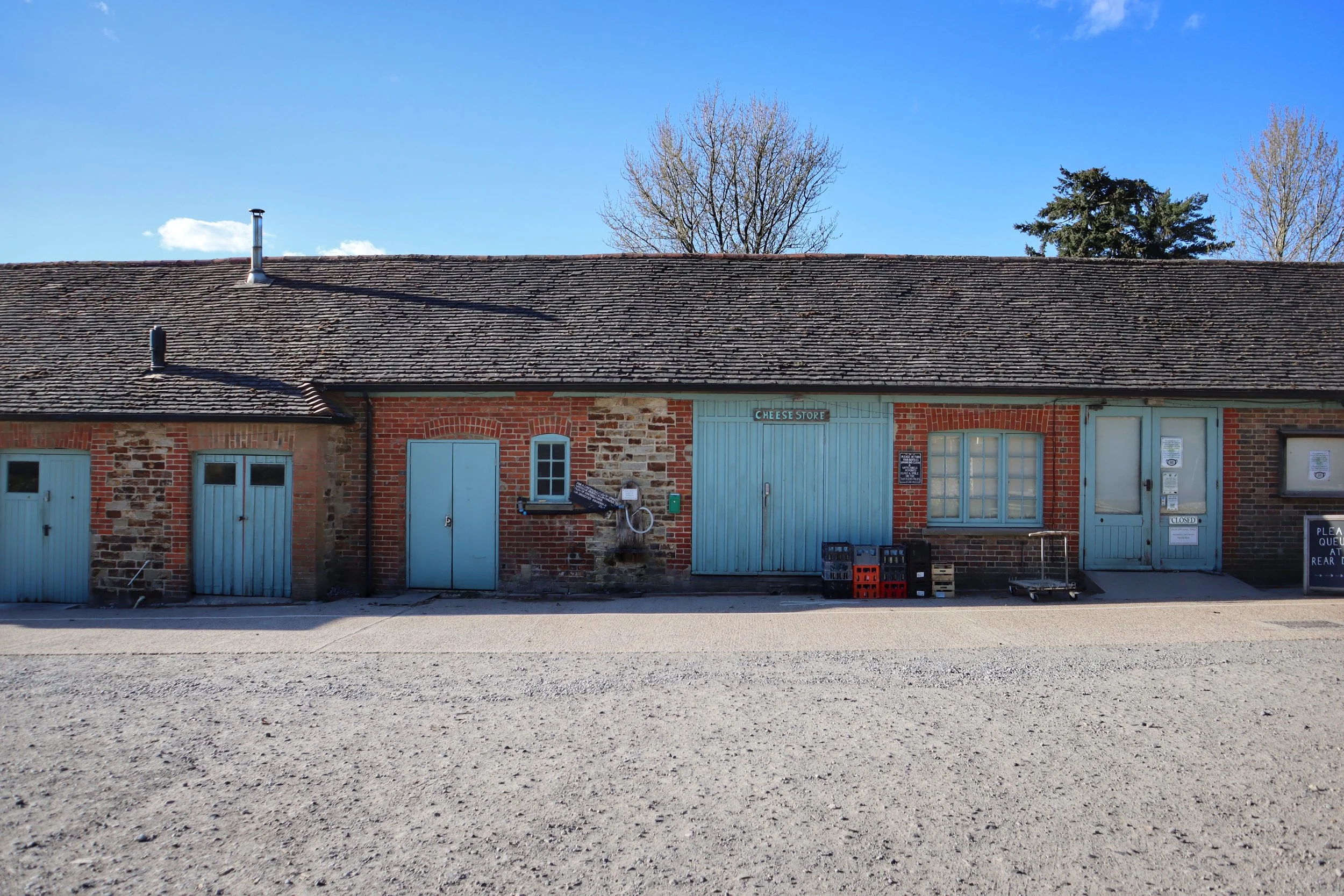January 2021: Herdsman's Update
Robin Hall
One of the highlights of last year was the birth of these heifers. 759 and 760 are twins, and were born to a lovely cow named Rose. Conceived using AI (artificial insemination) the calves were sired by a Dutch bull called ‘De Vinkenhof Lake’. At Plaw Hatch we run a closed herd, which means we do not buy cows and they are all born here. In this way the herd regenerates itself and has a unique identity. This practice does, however, mean that improvements to the genetics of the herd are relatively slow and it may take several generations to see the benefits of traits that one is hoping to develop.
We do have a Sussex bull who serves many of the cows, but to breed dairy replacements we use AI. While practices like embryo transfers* and oestrus synchronisation* are prohibited by Demeter (The certifying body for biodynamic farms) the use of AI is permitted. This is partly due to the issues relating to keeping dairy bulls and also because AI is recognised as an excellent way to bring improvements and diversity into a small herd.
For many years we have used a technician from a company called Genus for AI Services. Now, due to the decline in dairy farms in the Southeast, this facility has been reduced. Therefore, Maya and I arranged to do a three-day training course in AI practice at the beginning of January. This will enable us to conduct the breeding program in-house and will widen the scope of selective breeding with the cows. Unfortunately the training was cancelled due to the latest “lockdown” situation, but we look forward to completing this course when it resumes.
Last year was of course unusual in many ways, but a particular challenge in the Southeast was the drought and shortage of grass. By July we had to supplement the milking cows with hay as the grass had ceased to grow. These conditions also caused a shortfall in hay and silage production that affected many farms. For us, it led to a significant deficit of winter feed and we had to buy some hay from the West of England. While climate change is a matter of concern for all, fluctuations of this kind are not entirely unusual and it remains to be seen whether long term trends will force us to rethink and adjust our farming systems.
Finally, a few words about tainted milk. At the end of November last year there was an issue with an unpleasant taste in the milk. This was traced to a batch of silage that had not fermented properly. I would like to thank all the customers who buy fresh milk from Plaw Hatch for your patience with this, and state my commitment to providing the very best raw milk for your health and enjoyment.
*Embryo transfers
In conventionally farmed cattle, embryo transfers are performed (both in beef and dairy) whereby a cow with desirable genetics is treated with fertility medicines to make her release more eggs. These eggs are then harvested and transferred to a surrogate cow.
*Oestrus synchronisation
This is a process in conventional dairy farming where the cow’s natural cycle is disrupted to prohibit fertility at different times in order to control calving and therefore milk production. This is done either using progesterone injections or a sponge-like implant that is inserted into the cow that systematically releases progesterone. Progesterone is the hormone (like in humans) that signals to the body that fertilisation has occurred (even when it hasn’t), meaning the cycle of the cow stops. The cow is then taken off progesterone when the farmer wishes to breed from her.
In Demeter farming such as at Plaw Hatch, our cows live out their natural hormone cycles throughout their lives without interference.






